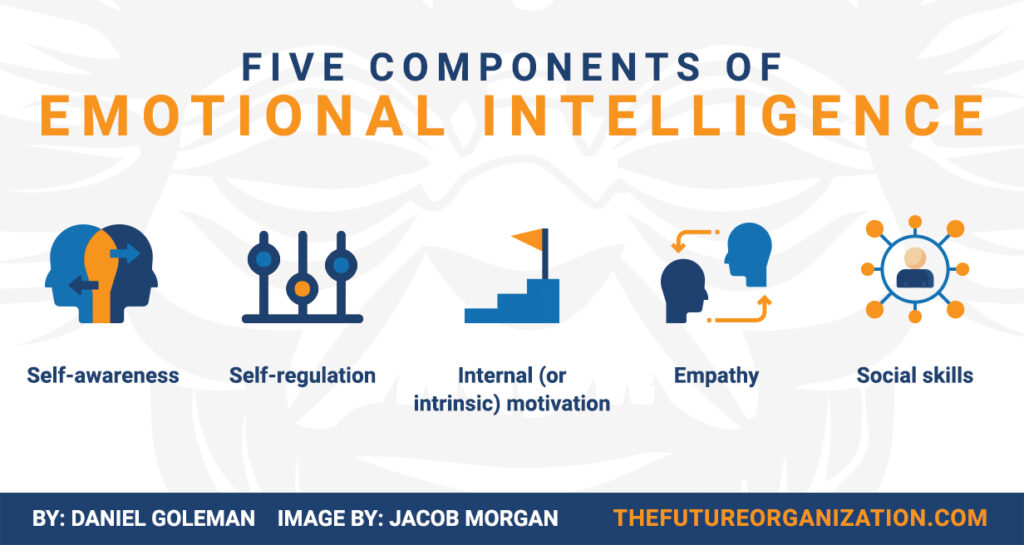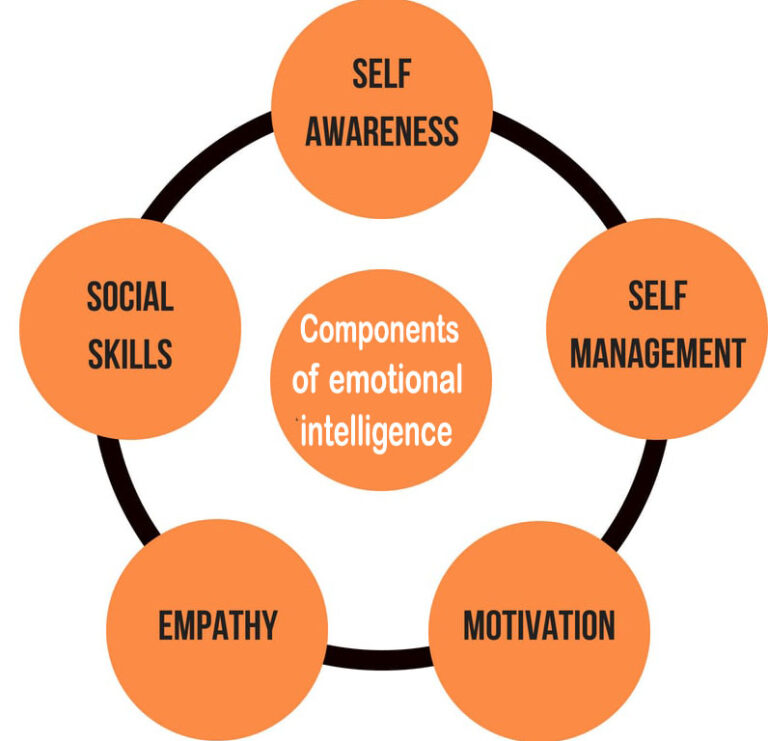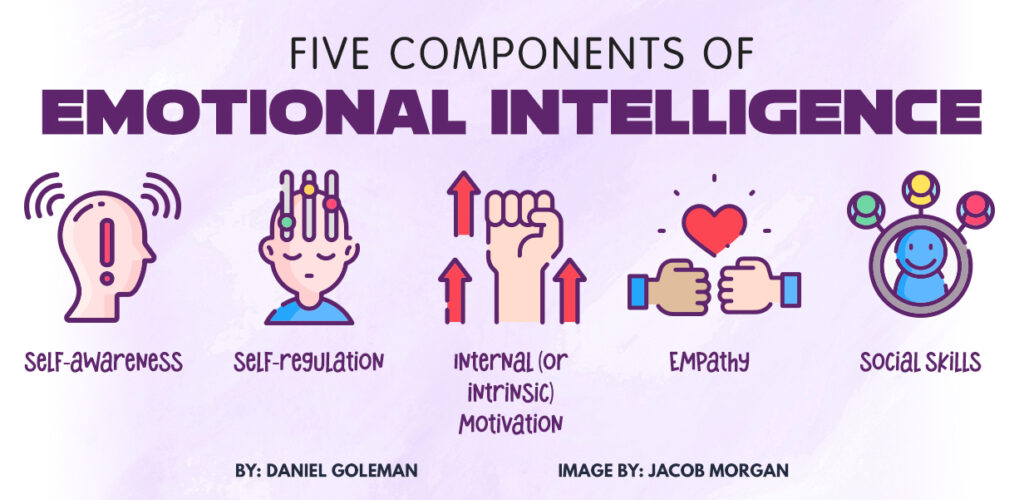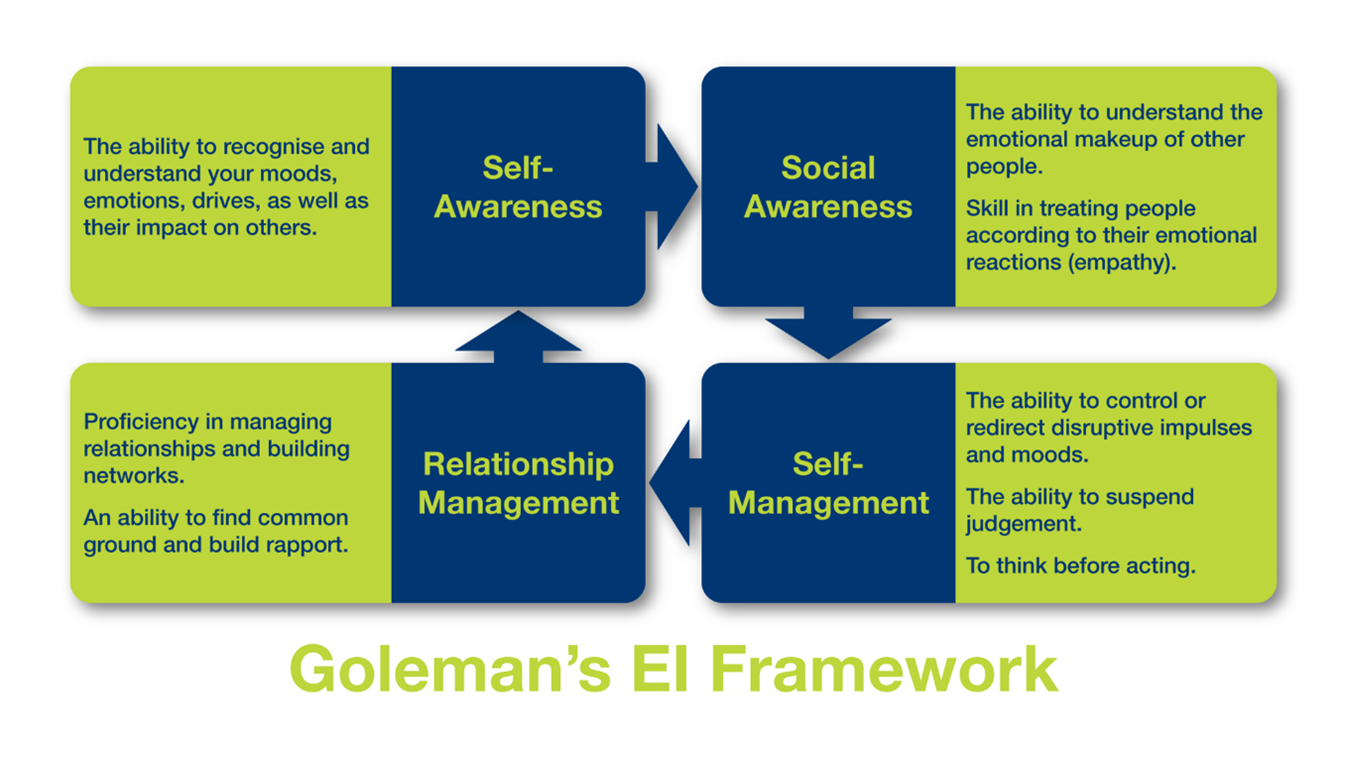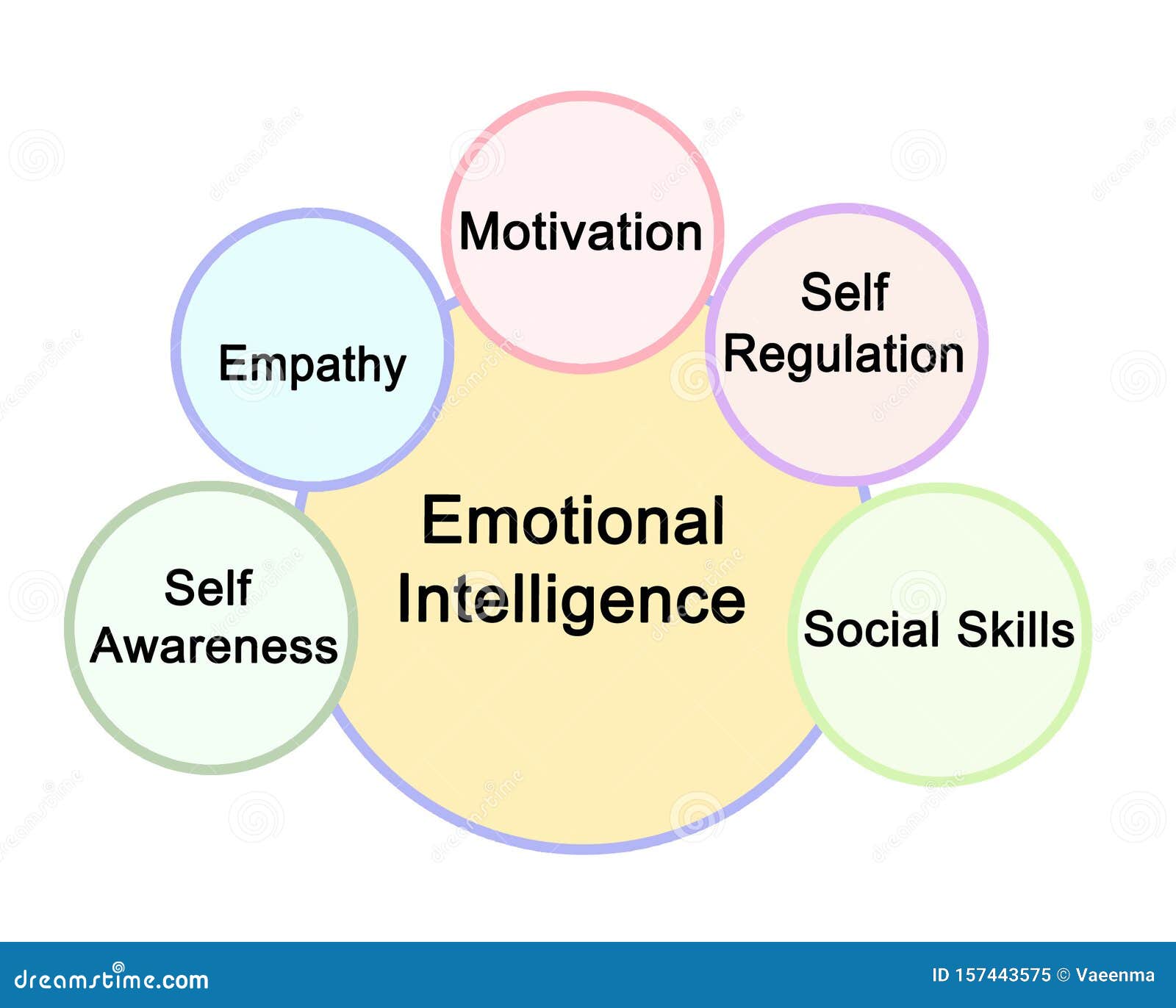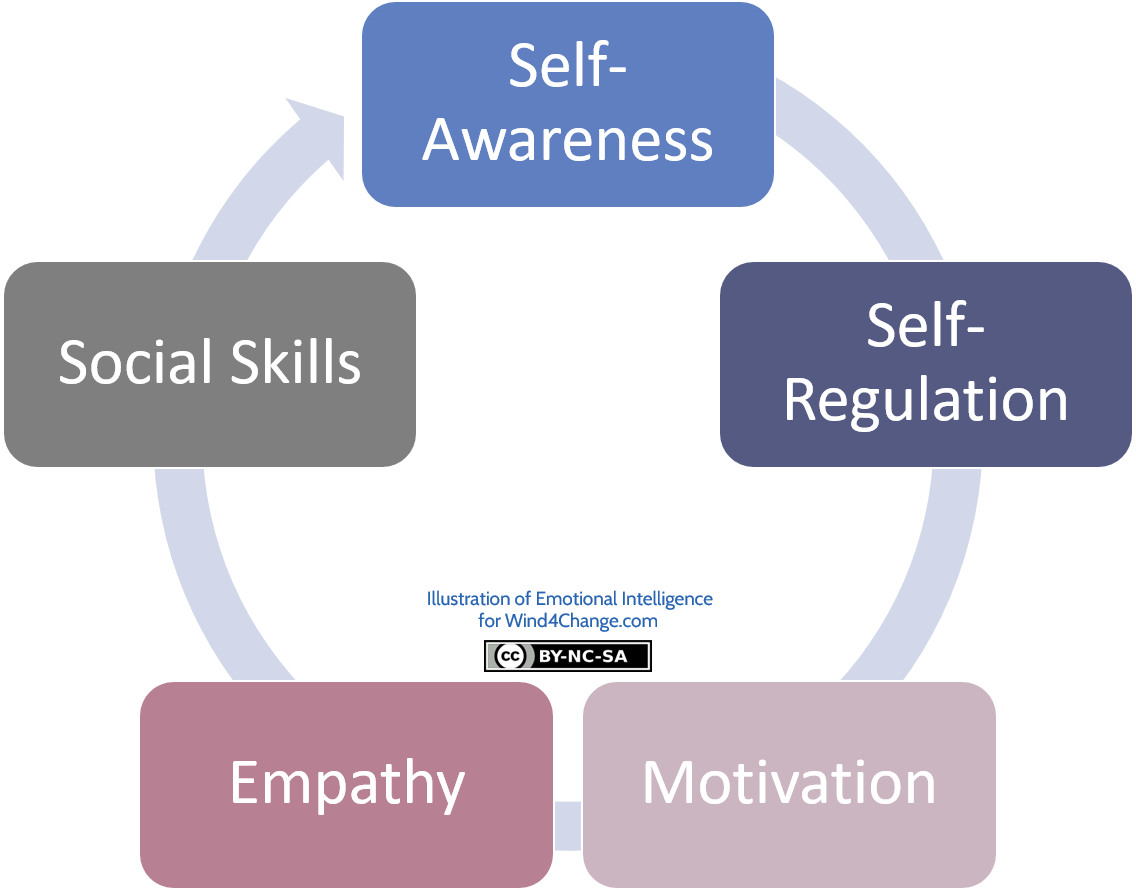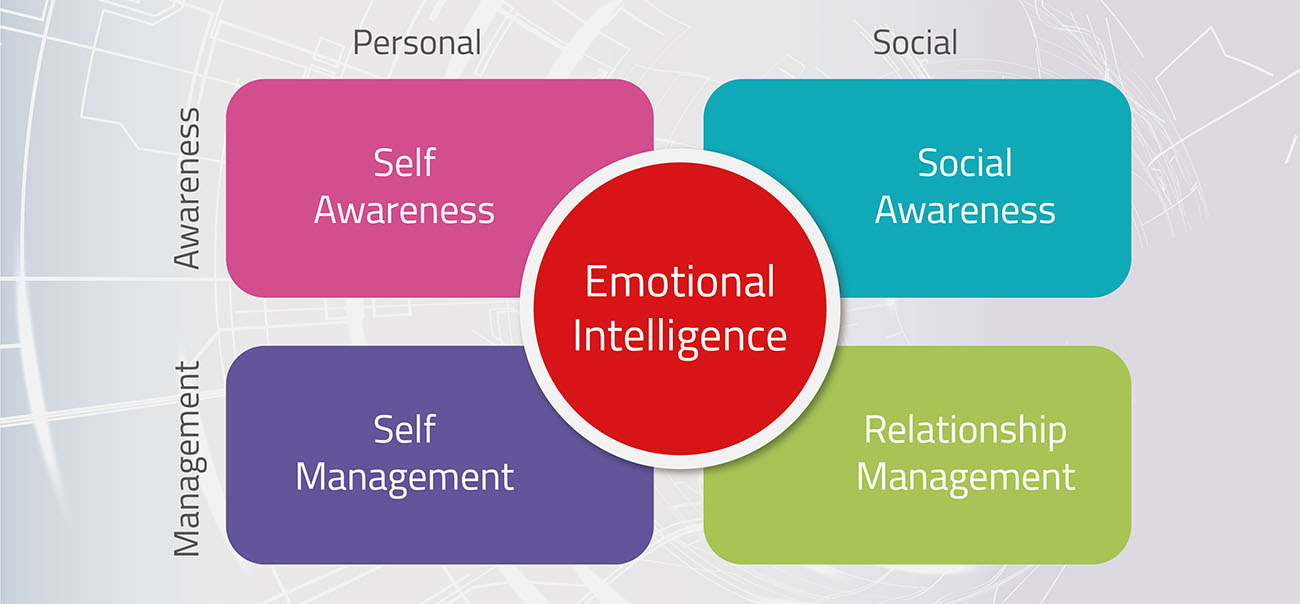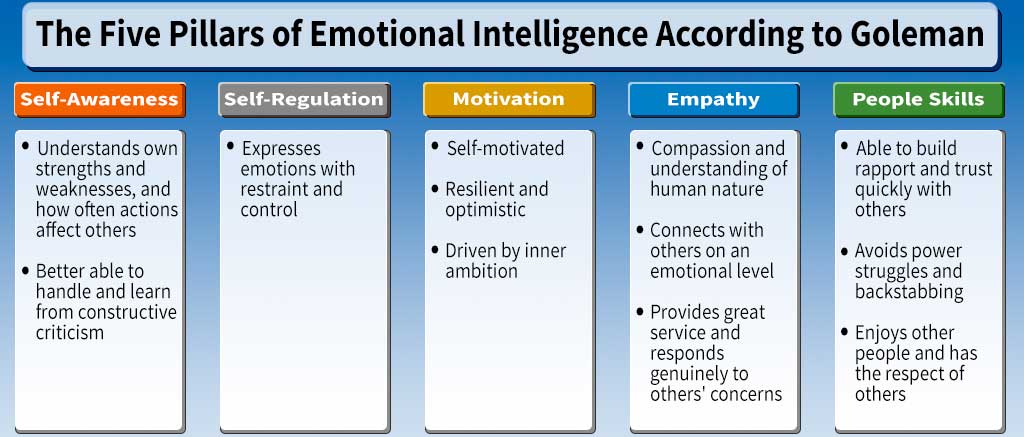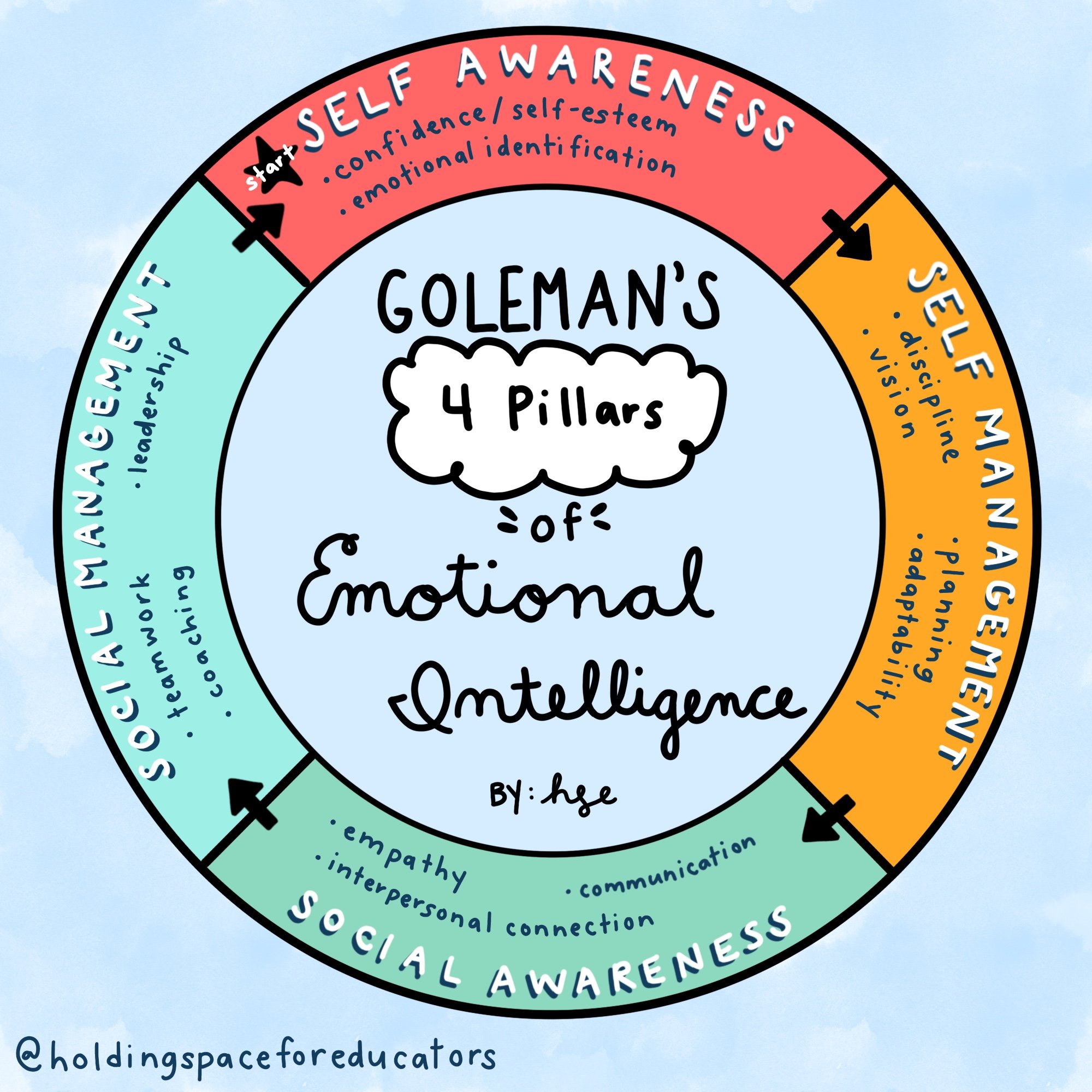Daniel Goleman Five Components Of Emotional Intelligence
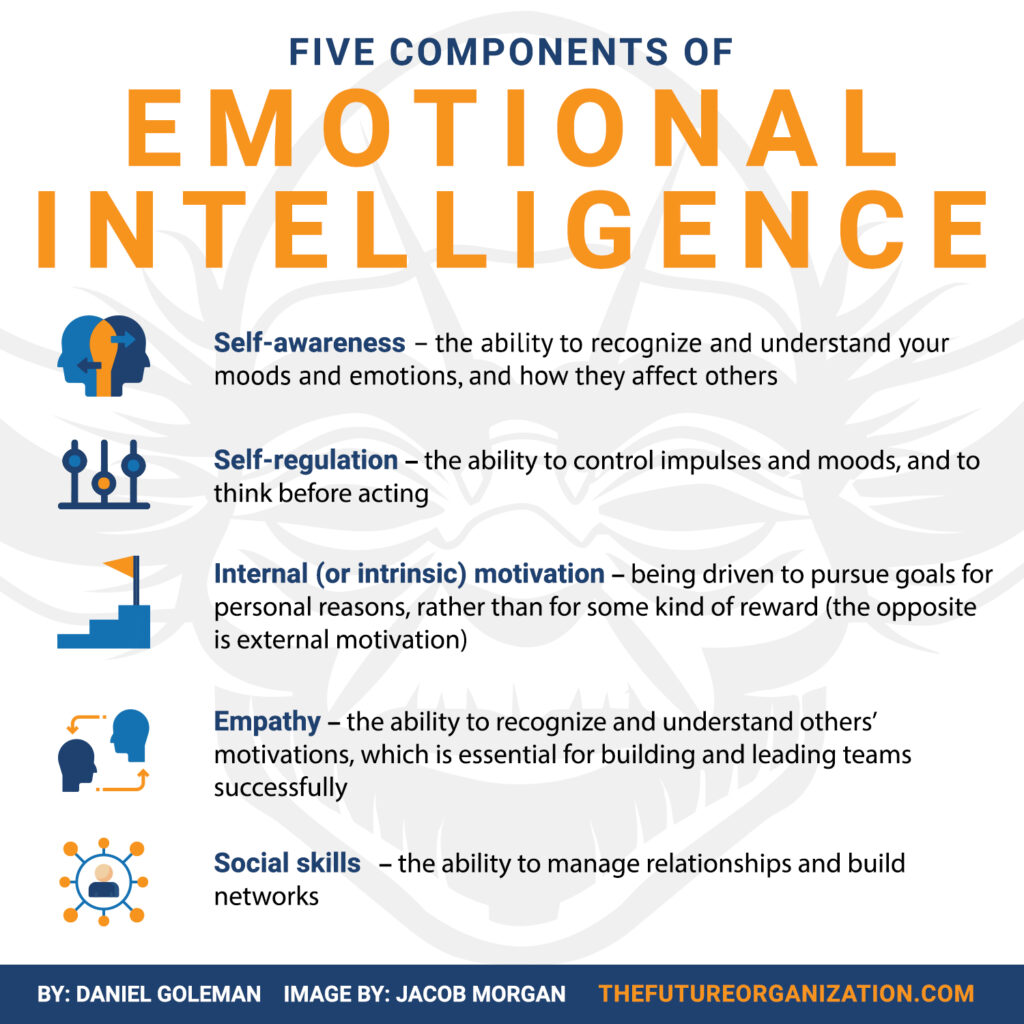
Daniel Goleman's groundbreaking work on emotional intelligence (EI) remains critically important in personal and professional development. His five-component model provides a roadmap for understanding and improving our ability to navigate emotions effectively.
This article breaks down Goleman’s five core components: self-awareness, self-regulation, motivation, empathy, and social skills. Mastering these elements is crucial for success in both personal relationships and leadership roles.
The Five Pillars of Emotional Intelligence
1. Self-Awareness: Knowing Your Emotions
Self-awareness is the foundation of EI, involving the ability to recognize and understand your own emotions. It's about knowing your strengths, weaknesses, values, and how your feelings impact others.
Individuals with high self-awareness can accurately assess their emotional state and its effects. They are also typically confident and self-assured.
"If you understand your own emotions, you're better at understanding others'." - Daniel Goleman
2. Self-Regulation: Managing Your Emotions
Self-regulation is the ability to control and manage your emotions in a healthy and productive way. It involves handling impulses, stress, and adversity effectively.
This component allows individuals to respond thoughtfully rather than react impulsively. They display emotional stability and adaptability.
Someone with strong self-regulation is less likely to lash out in anger or make rash decisions. They are able to maintain composure even under pressure.
3. Motivation: Driving Yourself to Achieve
Motivation, in the context of EI, refers to the inner drive to achieve goals for reasons beyond money or status. It’s about having a passion for what you do and a resilience in the face of setbacks.
People with high EI are intrinsically motivated. They are committed to their goals and persistent in their efforts, regardless of challenges.
This component includes optimism and a proactive attitude. They see opportunities where others see obstacles.
4. Empathy: Understanding Others' Emotions
Empathy is the ability to understand and share the feelings of others. It involves recognizing the emotional states of those around you and responding appropriately.
Empathetic individuals can put themselves in others' shoes. They build strong relationships and foster a positive environment.
Showing empathy includes active listening, considering others' perspectives, and providing support when needed. It’s vital for effective teamwork and leadership.
5. Social Skills: Managing Relationships
Social skills encompass the ability to build and maintain positive relationships, communicate effectively, and navigate social situations with ease. It includes conflict resolution, collaboration, and influence.
People with strong social skills are adept at networking and building rapport. They are persuasive and inspiring.
These skills are crucial for leadership and teamwork. They facilitate cooperation and create a harmonious atmosphere.
The Enduring Impact of Emotional Intelligence
Daniel Goleman's five components provide a powerful framework for understanding and developing EI. Research continues to validate the importance of these skills in achieving personal and professional success.
Individuals and organizations can benefit from focusing on these areas. Further training and development resources are available to enhance emotional intelligence across various sectors.
The ongoing exploration and application of Goleman's EI model promise to yield insights. It will aid in building more emotionally intelligent and resilient individuals and communities.

